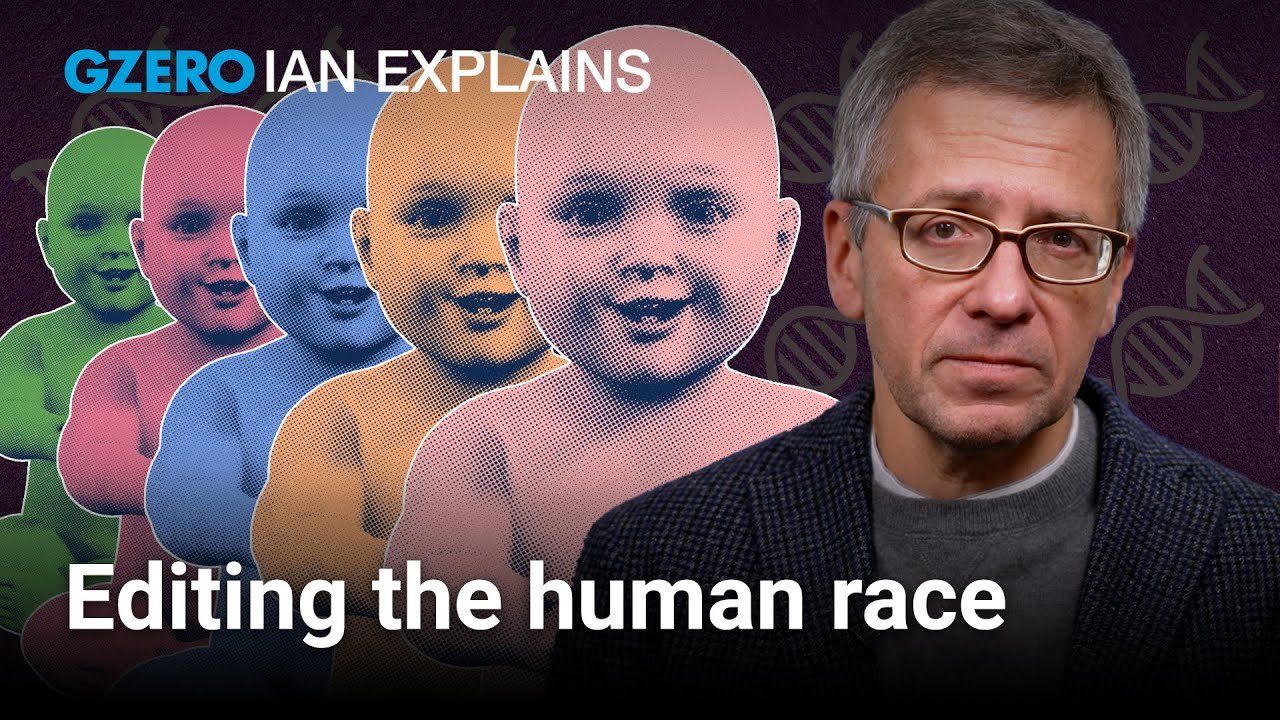Ian Explains
Ian Explains: Will biotech breakthroughs lead to super humans?

Ian Explains: Will biotech breakthroughs lead to super humans?

Medical technology could lead to a new breed of super humans.
On Ian Explains, Ian Bremmer looks at the evolution of human enhancement, tracing its roots from ancient history to recent ground-breaking tools like CRISPR gene editing, AI-powered prosthetics, and brain implants. These advances hint at a future of disease eradication, independence from physical disability, and recovery from traumatic brain injury. In a few short years, they’ve radically expanded the possibilities of how technology can improve the human experience and extend our lives.
But while biotechnology has incredible, transformative potential, it also brings lots of risks. Gene editing raises the specter of designer babies, eugenics, and even the potential for militaries to create superhuman soldiers. There’s also the question of privacy and data collection, as private companies like Elon Musk’s Neuralink gain further access to our medical histories. Ultimately, we need to strike a balance between embracing biotechnology’s life-changing potential while safeguarding our values, ethics and the very idea of what it means to be human.
At the 2026 Munich Security Conference, entrepreneur and Project Liberty founder Frank McCourt makes the case that the internet, and the AI systems rapidly reshaping it, must be redesigned to serve people, not platforms.
At the 62nd Munich Security Conference, Parag Khanna, founder and CEO of AlphaGeo, says globalization isn't dead, it's evolving. Speaking with GZERO’s Tony Maciulis, he explains that countries are forming flexible alliances that expand and shrink based on their interests. “You’d rather be in the tent...if it suits your interest than not in it,” Khanna notes, highlighting how the US, Europe, and Asia are adapting to shifting global priorities.
Sovereignty has become one of the most powerful, and least defined, words in tech policy. At the 2026 Munich Security Conference, SAP global head of government affairs, Wolfgang Dierker, explains why governments and enterprise customers are demanding more control over their data, cloud infrastructure, and AI systems amid rising geopolitical uncertainty.
On the sidelines of the 2026 Munich Security Conference, Annemarie Hou, Executive Director of the United Nations Office of Partnerships, joined Tony Maciulis to discuss the power of women leaders in global decision-making.